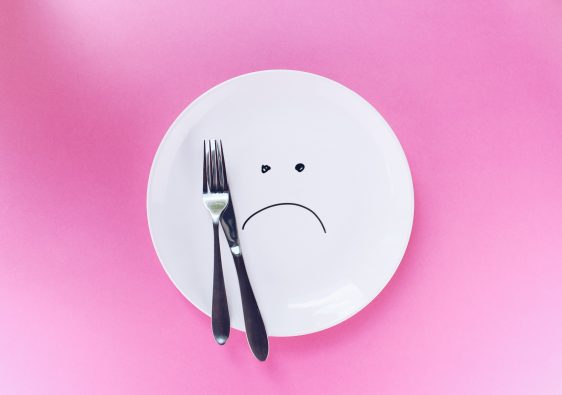An eating disorder is a mental illness proficient at minimising and altering the perception of the sufferer so they can’t see just how bad it really is.
It can be extraordinarily difficult for an eating disorder sufferer to connect with the fact that they are unwell, especially if living in a body not stereotypically associated an eating disorder.
“I’m not sick enough”
“I’m not that bad”
“I’ve been worse”
“Others are worse than me”
Invalidation, denial and disbelief can be compounded by comments from others such as “you don’t look sick” or “you don’t look like you have an eating disorder” such commentary and misconceptions (from family, friends or even health care professionals) are linked with delayed help seeking for the sufferer and poorer health outcomes.
Not all eating disorders present the same and help-seeking can be very difficult regardless or age, gender, type or stage of illness.
If you are concerned about someone you feel may be at risk of an eating disorder or relapse of an eating disorder, we recommend checking out the risks and warning signs of eating disorders on the Butterfly Foundation’s website.
If you are after being seen and heard by a skilled health care professional informed in eating disorders we recommend accessing the following databases to find the team that suits you:
- Connect ED – Credentialled Eating Disorder Clinicians
- Butterfly Foundation – Find a Professional or Service
Remember health care professionals are like shoes, you need to find the right fit for you! This might mean trying on a few different ones, until it feels right for you.




